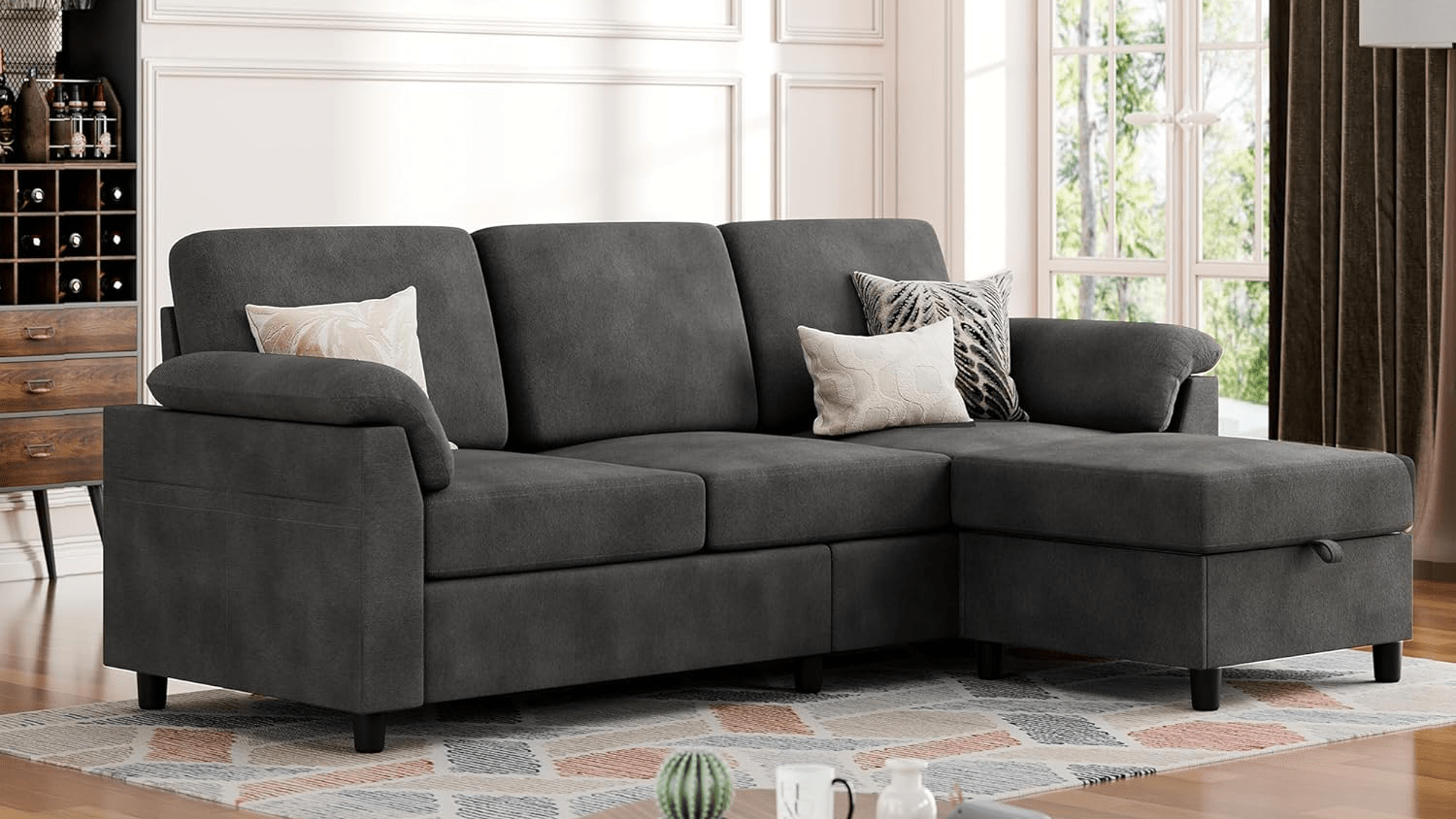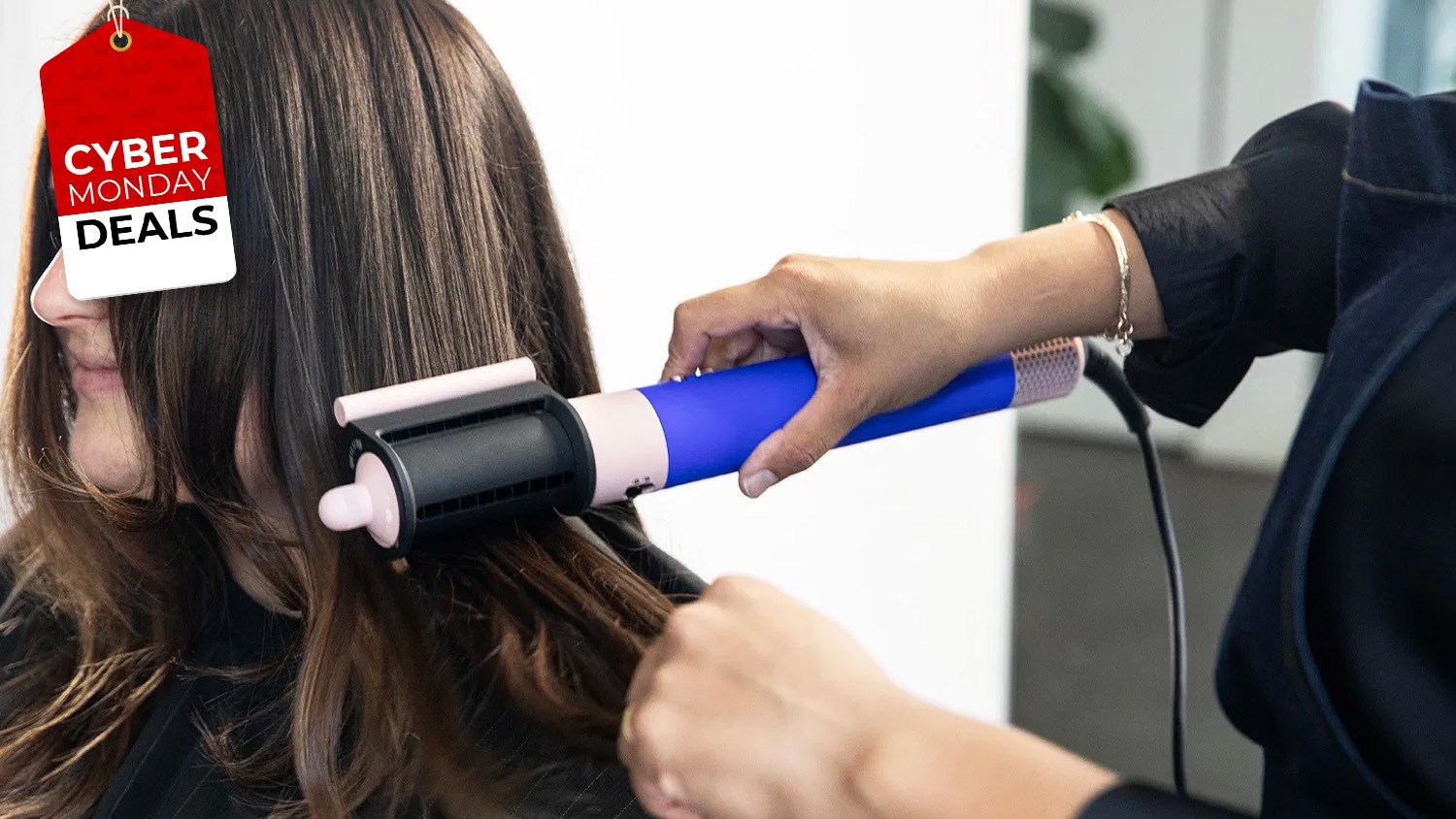VIRGINIA BEACH, Va. (WAVY) — Following Gov. Glenn Youngkin’s executive order for Virginia schools to implement a cell phone policy, some local school divisions are already discussing it.
The topic of cell phones was already on a Virginia Beach School Board retreat agenda, before the governor announced a further restriction of phones in schools across the state. The board’s retreat was held Tuesday and Wednesday.
Virginia Beach City Public Schools already has a cell phone policy in place that bans cell phones during instructional periods, as does Chesapeake Public Schools. Virginia Beach’s school division said that, until the further guidance from the Commonwealth is released, they don’t plan to make any changes.
“It is a critical step for healthier kids and better learning,” Youngkin said.
Youngkin’s executive order this week on cell phone restrictions in public schools comes amid growing concerns to students’ mental health and spiking suicide rates.
“The massive addictive quality of cell phones and social media, in particular in our young people, is causing all kinds of mental health challenges, but also on top of that severely damaging learning environment,” Youngkin said.
VBCPS Chief Schools Officer Matthew Delaney said its policy has been in place since 2022. He says it still comes with challenges of keeping students off their phones.
“Our teachers work hard to address it,” Delaney said. “They work with our families to address it collectively. We believe the adults have to come together to support our teachers in creating the best learning environment for our kids.”
Further guidance from the state hasn’t been released yet on what the ban could entail.
VBCPS Superintendent Donald Robertson said the division does not take phones from students. It just expect students to be off of them during instructional time. He said completely taking them, or placing them in storage boxes, would be costly if that’s part of the plan.
“It requires monitoring,” Robertson said. “It risks phones disappearing and thus being liable for the cost of those phones, which, you know, are thousands of dollars.”
Delaney said it’s much more difficult to completely restrict phone use in high schools than in middle schools.
“We have students that come in after first period because they have an excuse, first period,” Delaney said. “We have students who leave after second period to go to our centers, some that come back, so it’s a much more fluid environment.”
Some board members voiced concern about parents needing to get ahold of students in case of emergency.
“There are parents that do fear on a day-to-day basis on what may occur and that their children won’t be able to get ahold of them,” voiced one board member.
Delaney said he understands parents wanting to contact students, but there are other ways to do that.
“We have resources in all of our buildings, and a variety of levels, from how you can contact a teacher through an email, how you can contact a teacher through some other parent view sites that we have, how you can call the school directly,” Delaney said, “so there’s many avenues that we can get information to students from their parents that don’t require the parent to call them.”
Youngkin acknowledged that Virginia Beach and Chesapeake already have plans in place.
“We have seen many school districts, Chesapeake being one and Virginia Beach being another, move forward with incredibly effective policies to ban cell phones in school and in classrooms, and so we are taking it statewide,” Youngkin said.
Robertson recommends waiting to see what the state releases before making any further changes.
“We need to engage our stakeholders, and that’s the parents of our students and our students,” Robertson said.
Chesapeake Public Schools released a statement to 10 On Your Side, saying they implemented their policy last summer:
“Last summer, Chesapeake Public Schools (CPS) updated its policy on cell phones and other personal electronic devices. Under the new policy, students must keep their cell phones turned off and put away during the instructional day. One reason for this change was the fact that students now have access to Chromebooks provided by the school district, eliminating the need for personal devices in the classroom. In addition, we have found that research supports the fact that cell phones distract students from learning during the day and often lead to discipline issues.
With the new policy, students can be fully present and engaged in their learning environment, interacting more effectively with the curriculum, teachers, and peers without the distraction of cell phones. Teachers are spending less time managing phone-related issues, and we have observed decreased disciplinary problems linked to cell phone use. Feedback has been overwhelmingly positive, indicating that this policy helps students focus on their academics and benefit from much-needed time away from their devices.”
— Chesapeake Public Schools
The Department of Education said school divisions will need to adopt policies by Jan. 1.
Youngkin’s order calls for gathering public input through listening sessions in the coming weeks.
That series of “Commonwealth Conversations” includes one in Virginia Beach, on July 22. Details below.
- Virginia Beach – July 22, 4:30 – 6 p.m.
Tallwood High School
1668 Kempsville Road
Virginia Beach, VA 23464
Register for the July 22 Commonwealth Conversation at Tallwood High School


























































